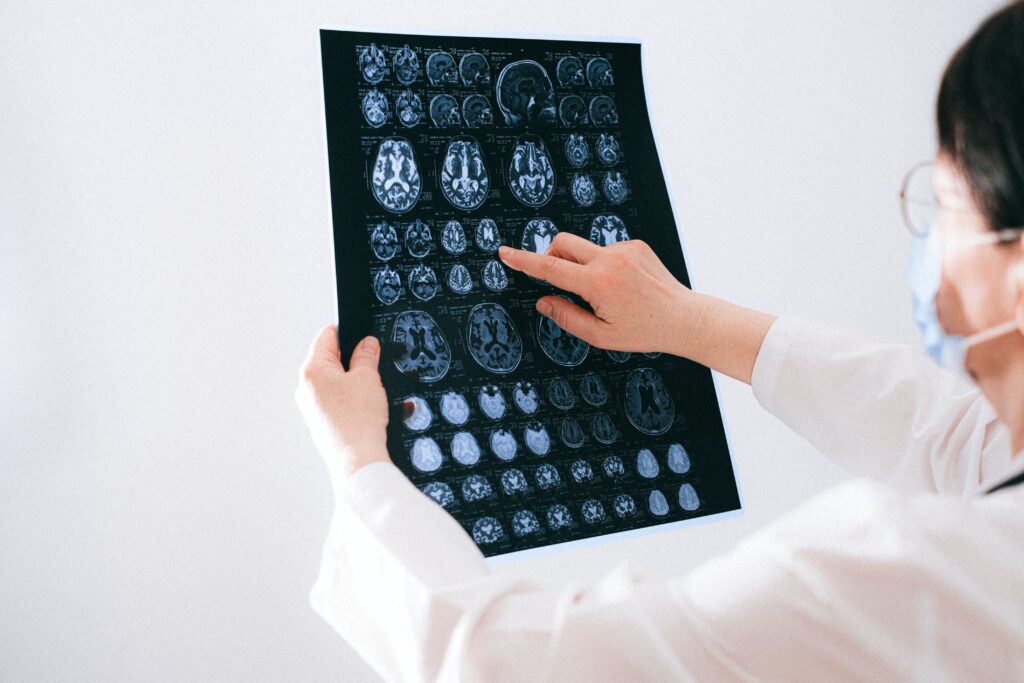When you’re facing the challenge of a substance use disorder coupled with a mental health condition, finding a suitable treatment facility becomes crucial for your path to recovery. This combination, known as dual diagnosis or co-occurring disorders, requires a specialized approach that addresses both challenges simultaneously. Selecting a dual diagnosis treatment center is a significant step toward healing. It helps to have a plan that includes research and analysis and weighing the pros and cons of each facility to locate the one that fits you best.
According to SAMSHA1, among the most common mental disorders seen in substance abuse treatment are:
- Anxiety and mood disorders
- Schizophrenia
- Bipolar disorder
- Major depressive disorder
- Conduct disorders
- Post-traumatic stress disorder
- Attention deficit hyperactivity disorder
Patients being treated for mental disorders also frequently misuse the following types of substances:
- Alcohol
- Tobacco
- Opioids
- Stimulants
- Marijuana
- Hallucinogens
- Prescription drugs
It’s important to find a facility that can accommodate your specific needs. Below, we will cover what considerations to make when researching dual diagnosis rehab centers.
Key factors to consider when seeking Dual Diagnosis Rehab
Integrated Treatment Plan
The core of an effective dual diagnosis program is an integrated treatment plan that tackles both mental health disorders and substance abuse. Look for centers that have a clear protocol for treating dual diagnosis patients and ask about how they customize their treatment for individual needs.
Evidence-Based Therapies
Evidence-based therapies have been scientifically tested and proven effective for treating dual diagnosis. These might include cognitive-behavioral therapy (CBT), dialectical behavior therapy (DBT), and other modalities that help patients develop coping mechanisms for both mental health symptoms and substance cravings.
Medication Management
Many dual diagnosis patients require medication as part of their treatment. The rehab center must have a protocol for medication management, which includes proper prescribing, monitoring, and adjusting medications as needed.
Holistic Support
Healing goes beyond just addressing the symptoms; it involves treating the whole person. Centers that offer holistic treatments such as mindfulness, meditation, fitness, and nutrition programs can enhance recovery by promoting overall well-being.
Aftercare Planning
Recovery doesn’t end when the program does. An aftercare plan is essential to maintain the progress made during treatment. The best dual diagnosis centers will help you create a robust aftercare plan that may include ongoing therapy, support groups, and relapse prevention strategies.
Peer Support
Peer support groups are an integral part of recovery, providing encouragement and understanding from others who have faced similar challenges. Ensure the treatment center offers or connects you to support groups specifically for dual diagnosis patients.
Family Involvement
Substance abuse and mental health disorders affect not just the individual but their loved ones as well. Family therapy and education should be part of the treatment, helping to repair relationships and build a strong support system at home.
Accreditation and Licensing
Accreditation from organizations like The Joint Commission or the Commission on Accreditation of Rehabilitation Facilities (CARF) indicates that a treatment center meets certain standards of care. Verify that any center you consider is properly accredited and licensed.
Success Rates and Testimonials
Look for centers that are transparent about their success rates and provide testimonials from former patients. While individual results vary, these indicators can give you a sense of the center’s effectiveness.
Insurance and Costs
Finally, understand the costs involved and what your insurance will cover. The proper treatment center will work with you to navigate insurance benefits and provide clear information about out-of-pocket costs.
Treatment Modalities and Specializations
Choosing a dual diagnosis treatment center that caters to your specific situation is essential. The facility should have various specialized programs and therapeutic approaches to provide comprehensive care.
Specialized Programs
- For Veterans: Treatment plans here should address the particular traumas associated with military service, including PTSD, to foster effective recovery.
- For Adolescents: Programs need to consider the unique developmental stages of young people and may involve family in the treatment process.
- For LGBTQ+ Individuals: Centers should offer a welcoming environment with staff trained in the specific needs and concerns of the LGBTQ+ community.
- For High-Stress Professions: Tailored for those in high-pressure jobs, these programs focus on coping mechanisms for occupational stressors that may lead to substance use. These programs are not limited to urban areas but also more rural settings when a disconnect is necessary.
Each specialized program integrates targeted strategies to help various populations with distinct needs, ensuring more personalized and relevant care.
Range of Therapies
The best dual diagnosis treatment centers will offer a diverse spectrum of therapies, including:
- Experiential Therapy: Activities outside of traditional talk therapy provide practical skills and emotional processing opportunities.
- Animal-Assisted Therapy: Interaction with animals to promote healing, increase empathy, and enhance emotional well-being. For example, some treatment centers in more rural or suburban areas offer horseback riding in nature as a supplemental part of the recovery journey.
- Art and Music Therapy: Creative outlets for self-expression and communication, often leading to insightful breakthroughs. It’s worth chatting with the facility about what each entails or if they focus on specific subtypes within those categories.
Such a range ensures that patients have multiple avenues for healing, which can be particularly beneficial for those struggling to articulate their experiences verbally.
Qualified Staff
Successful treatment of co-occurring disorders hinges on the expertise of the staff. Ensure the facility has a team of qualified professionals, including psychiatrists, psychologists, addiction counselors, and social workers experienced in dual diagnosis care.
Staff Credentials and Patient-to-Staff Ratio
The qualifications of the staff and the attention each patient receives are pivotal in delivering quality care. The center should maintain a low patient-to-staff ratio to ensure that each individual receives ample one-on-one time with various members of their treatment team. This ratio is vital for personalized care planning and adapting treatment as patients’ needs evolve throughout their recovery.
Staff Profiles
A center’s staff should have a strong combination of education, credentials, and real-world experience, including:
- Addiction Psychiatrists and Clinical Psychologists: Their expertise is crucial for managing the complex interplay of mental health disorders and substance abuse.
- Certified Addiction Counselors: These professionals provide the backbone of daily support and guidance through the recovery process.
- Social Workers: They can assist with both therapeutic support and practical needs, such as aftercare and community resources.
The biographies and credentials of the treatment staff are often a testament to a center’s dedication to quality care and should be transparent and accessible. This information is typically listed on each rehab facility’s About Us page. Once you have narrowed your search to a few facilities, you’ll want to include the points mentioned in your research process. It’s still essential to conduct your due diligence until you feel good about the facility you’ve lined up.
This information will be a valuable resource for those seeking treatment and a reliable starting point for their recovery journey.
Start Your Recovery Journey Today With Mental Health Providers
Selecting a dual diagnosis treatment center is a pivotal decision in your recovery journey. A facility that offers a comprehensive, compassionate, and personalized approach to care can set the foundation for lasting wellness. As you evaluate potential centers, remember that the goal is to find a supportive environment that empowers you to address both your mental health and substance use, leading to a healthier, more fulfilling life.
If you are here, your recovery journey has already started. The next step is to locate dual diagnosis rehab treatment facilities near you or in your target zip codes. Reach out today to find the best rehab near you!
References
1 SAMSHA: Co-Occurring Disorders and Other Health Conditions







